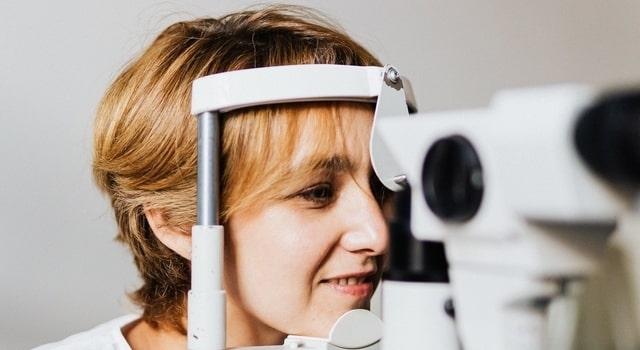
When it comes to maintaining your vision and overall eye health, understanding the difference between a comprehensive eye exam and a basic vision screening is crucial. While both play a role in eye care, they serve different purposes and offer varying levels of insight into your eye health.
Vision Screenings: A Basic Check
Vision screenings are often conducted in schools, workplaces, or during routine health check-ups. These screenings are quick, simple tests designed to identify obvious vision problems. They typically involve reading an eye chart to measure visual acuity and sometimes include basic checks for color blindness or depth perception.
Limitations of Vision Screenings
- Surface-Level Assessment: Vision screenings can identify basic issues like nearsightedness, farsightedness, or astigmatism but often miss more complex eye health problems.
- No Diagnosis: Screenings do not diagnose eye conditions or diseases; they simply flag potential issues that need further examination.
- False Sense of Security: Passing a vision screening does not guarantee that your eyes are healthy, as many eye conditions do not affect vision in their early stages.
Comprehensive Eye Exams: A Deeper Dive
A comprehensive eye exam, performed by an optometrist or ophthalmologist, is a thorough evaluation of your eye health and vision. These exams include several tests and procedures that go beyond what a vision screening offers.
The components of a comprehensive eye exam include:
- Visual Acuity Tests: Similar to vision screenings, but with more detailed assessments.
- Refraction Assessment: Determines the exact prescription needed for glasses or contact lenses.
- Eye Health Evaluation: Involves dilating the pupils to examine the retina and optic nerve for signs of diseases like glaucoma, macular degeneration, and diabetic retinopathy.
- Eye Muscle Tests: Check the alignment and movement of your eyes.
- Intraocular Pressure Measurement: Tests for glaucoma by measuring the pressure inside your eyes.
Benefits of Comprehensive Eye Exams
One benefit of an eye exam is that it allows for the detection of eye conditions and diseases in their early stages so that you can get the right treatment. Eye exams also provide detailed insights into your specific vision needs and eye health.
Proper eye exams can help detect signs of other health issues, such as diabetes and high blood pressure, which can affect your eyes.
Why Regular Eye Exams Are Essential
Regular comprehensive eye exams are vital for maintaining optimal eye health. Even if you think your vision is fine, many eye conditions develop without noticeable symptoms. Early detection through eye exams can prevent or slow the progression of eye diseases and ensure that you enjoy clear vision throughout your life.
Book An Eye Exam At
While vision screenings are useful for detecting obvious vision problems, they cannot replace the thorough evaluation provided by a comprehensive eye exam. Investing in regular eye exams with ensures that you receive the best care for your eyes, allowing for early detection and treatment of any issues that may arise.
